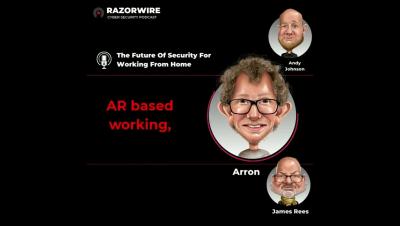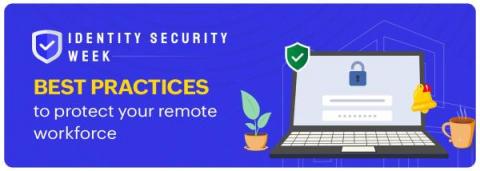Security | Threat Detection | Cyberattacks | DevSecOps | Compliance
November 2022
Westcon-Comstor to add Okta solution to its distribution portfolio in France, Spain, Portugal, Italy and Greece
How Do You Maintain Secure Remote Working?
The Future Of Security For Work From Home
Extend Your SOC Team with 24/7 Remote OT Security
Some economic sectors may be hitting the brakes, but the cybersecurity talent shortage persists across all industries and shows no signs of abating – not while sophisticated cyberattacks continue to rise in number and complexity. The 2022 (ISC)2 Cybersecurity Workforce Study found that even as the global cybersecurity workforce is at an all-time high, it is still short by 3.4 million workers.
Fostering an effective and secure remote-work model
An IDSA study found that 79% of enterprises have suffered an identity-related breach. At ManageEngine, we understand how important identities are to the overall security posture of an organization. That’s why this Identity Security Week, we’re offering a series of blogs to spread awareness about the importance of identity security and what simple measures can help improve the security of your organization. Let’s kick off the series with a trending topic—remote work.
Cybersecurity Tips When Working From Home
During the pandemic, approximately 60% of full-time and part-time employees in the U.S. worked remotely. Firms weren’t ready for their employees to work remotely, but many employers quickly realized the benefits of remote work. As remote work became more common, the number of cyber criminals increased drastically. IT professionals have never been more cautious with their work security.
Are Remote Offices Safer than Working On Premises?
There are many arguments on either side of remote work, including whether it impacts an organization’s cybersecurity posture. While most people perceive risks to be higher while people are working from home, this is generally driven by a fear of the unknown. In reality, while some risk factors have changed in some cases, risk is often reduced in a remote working scenario.









